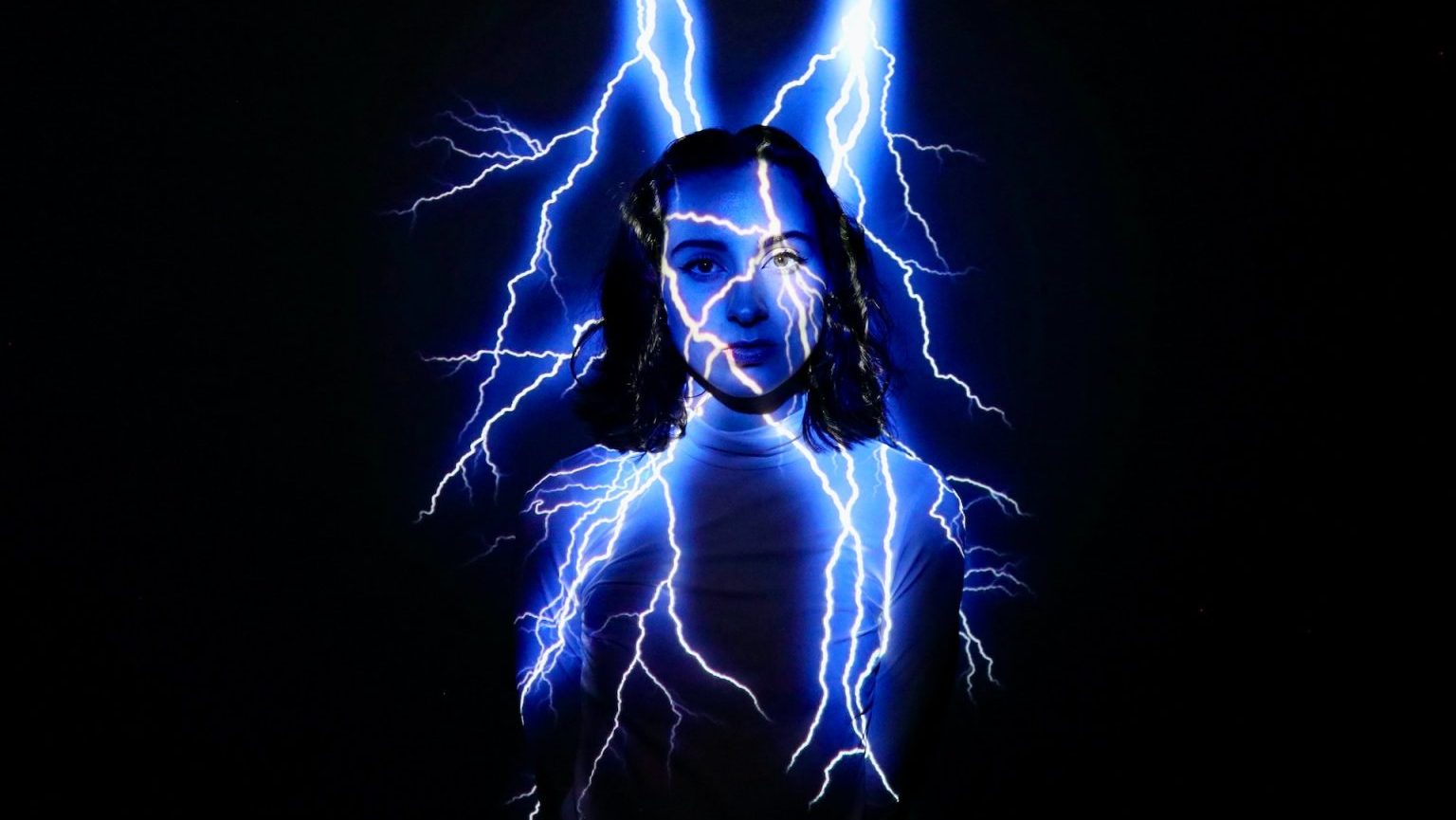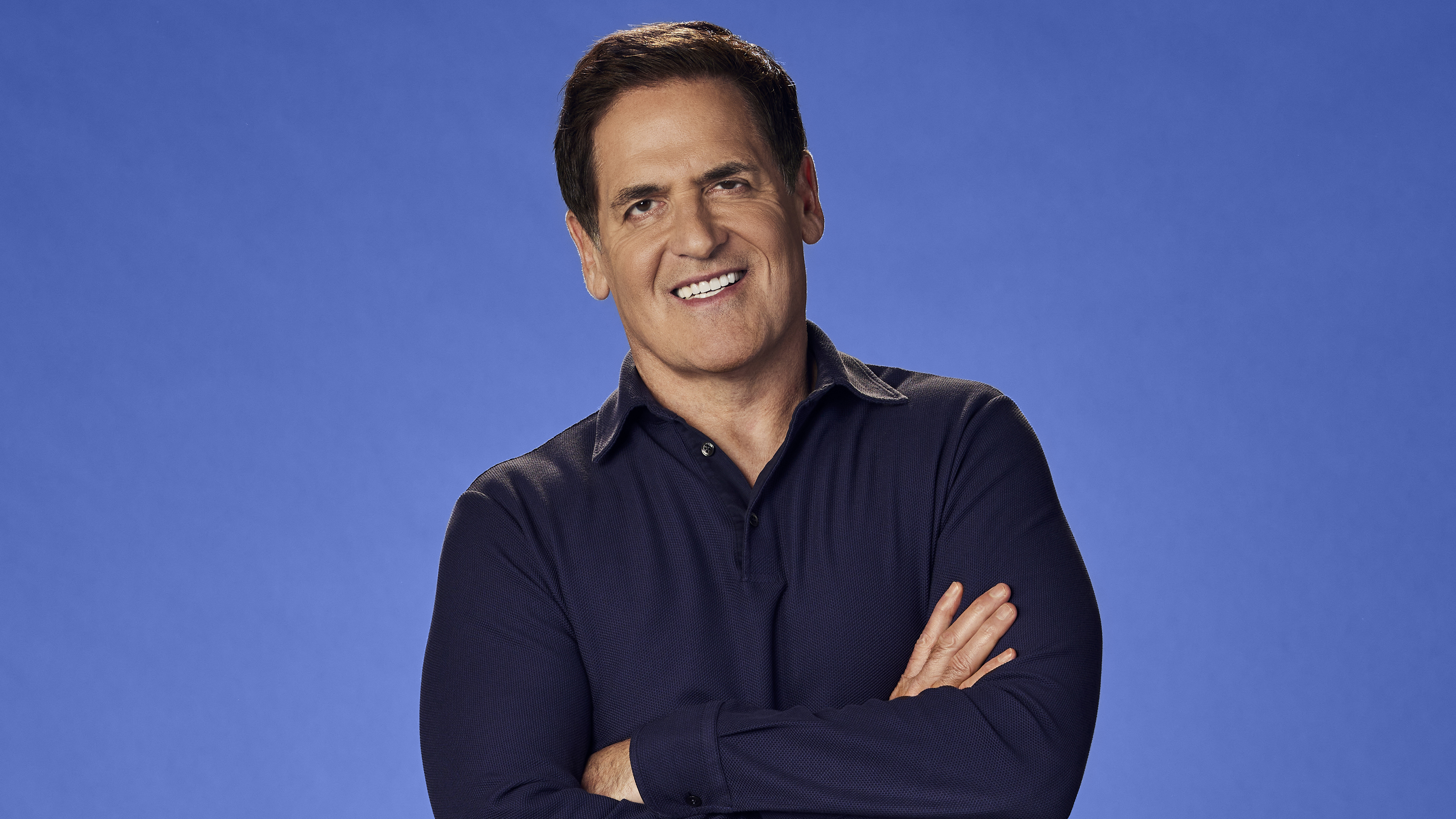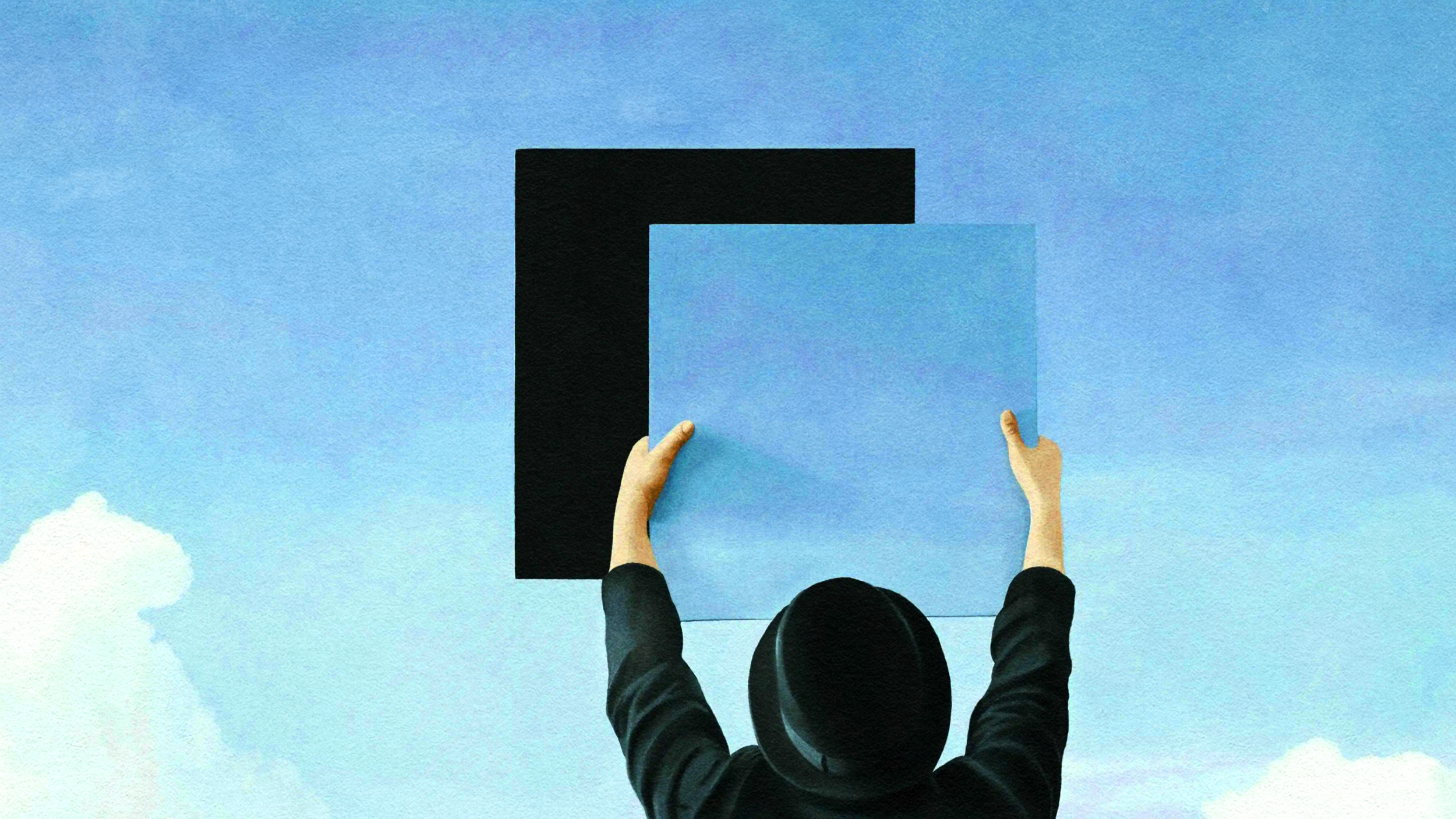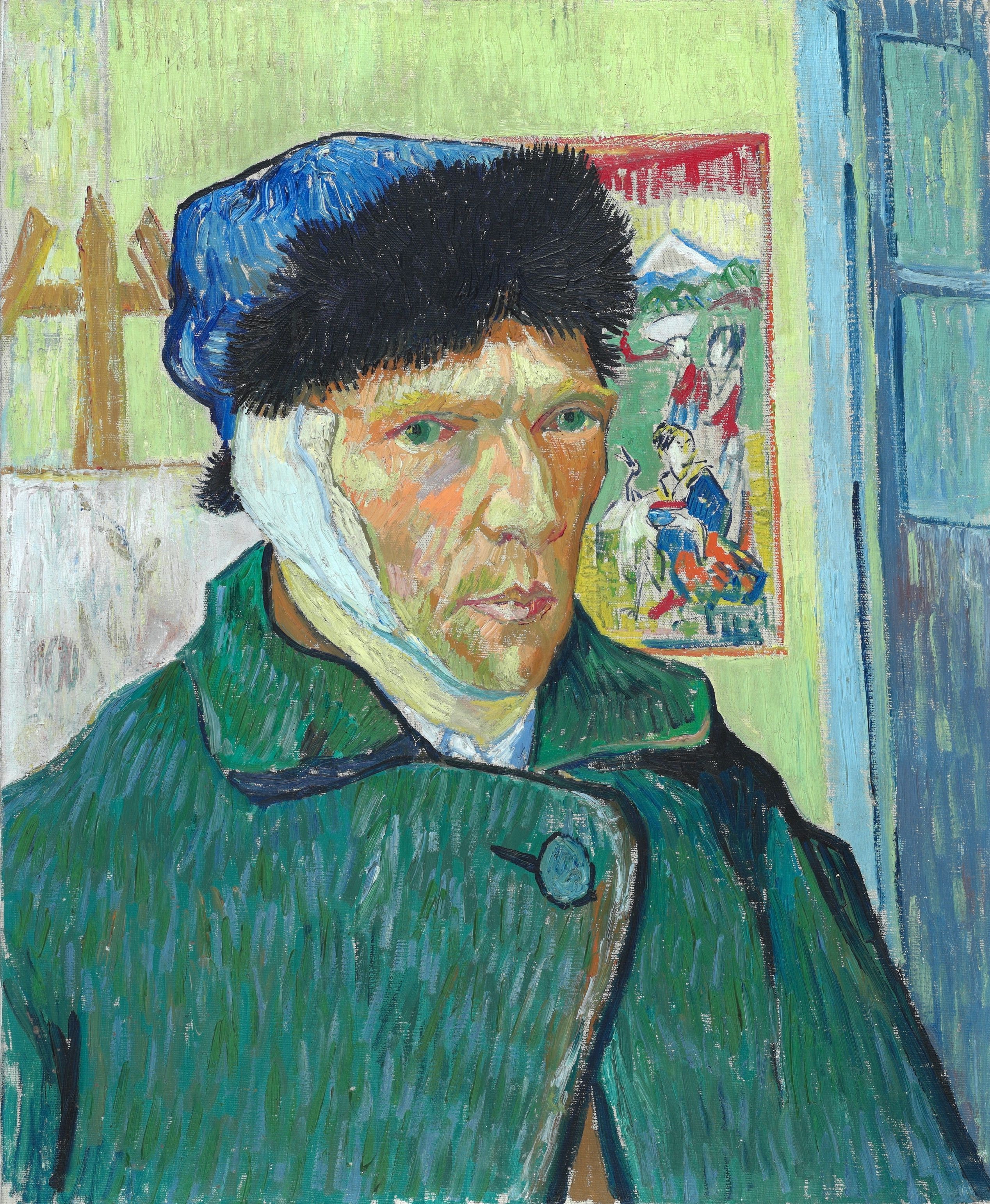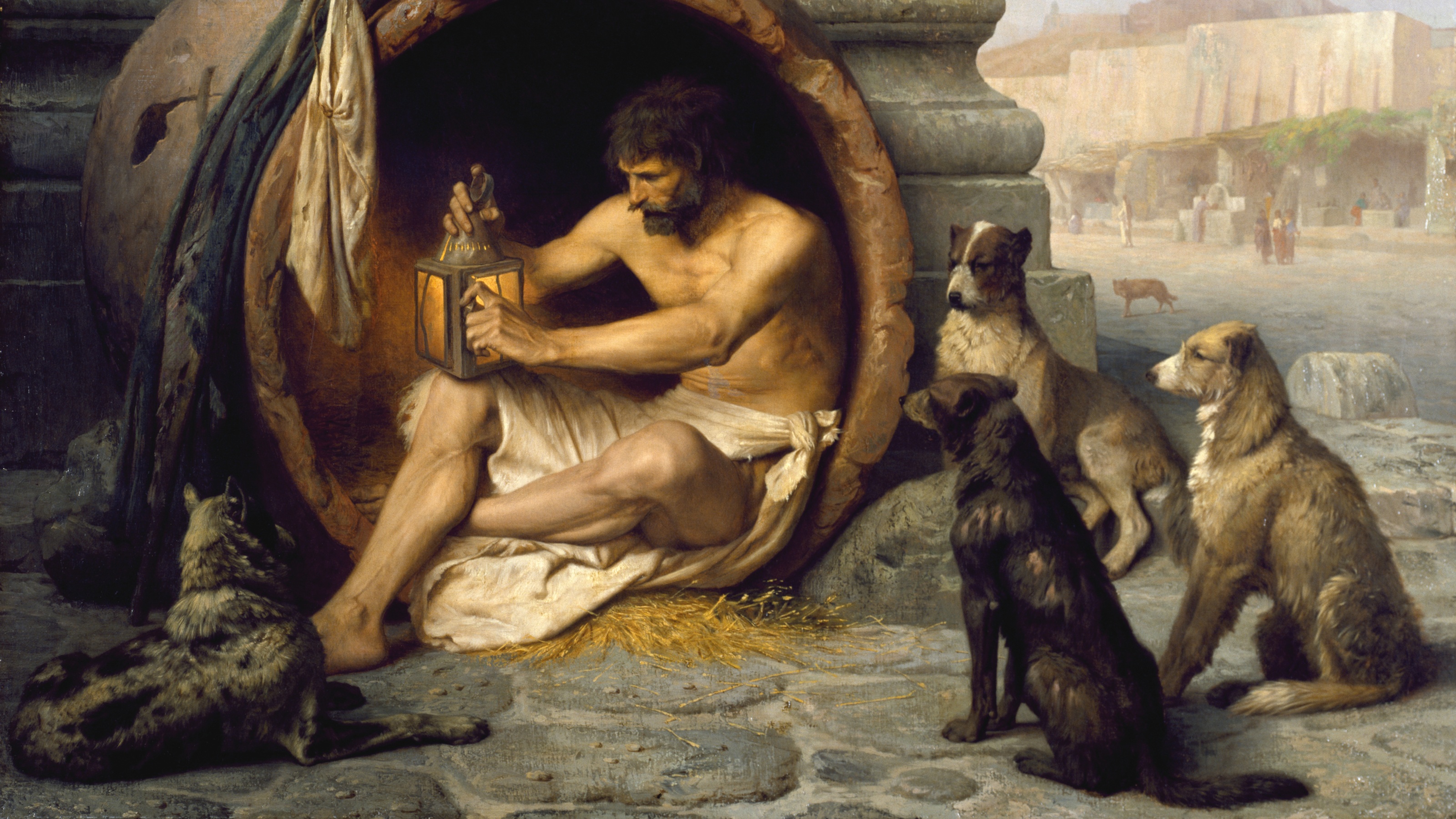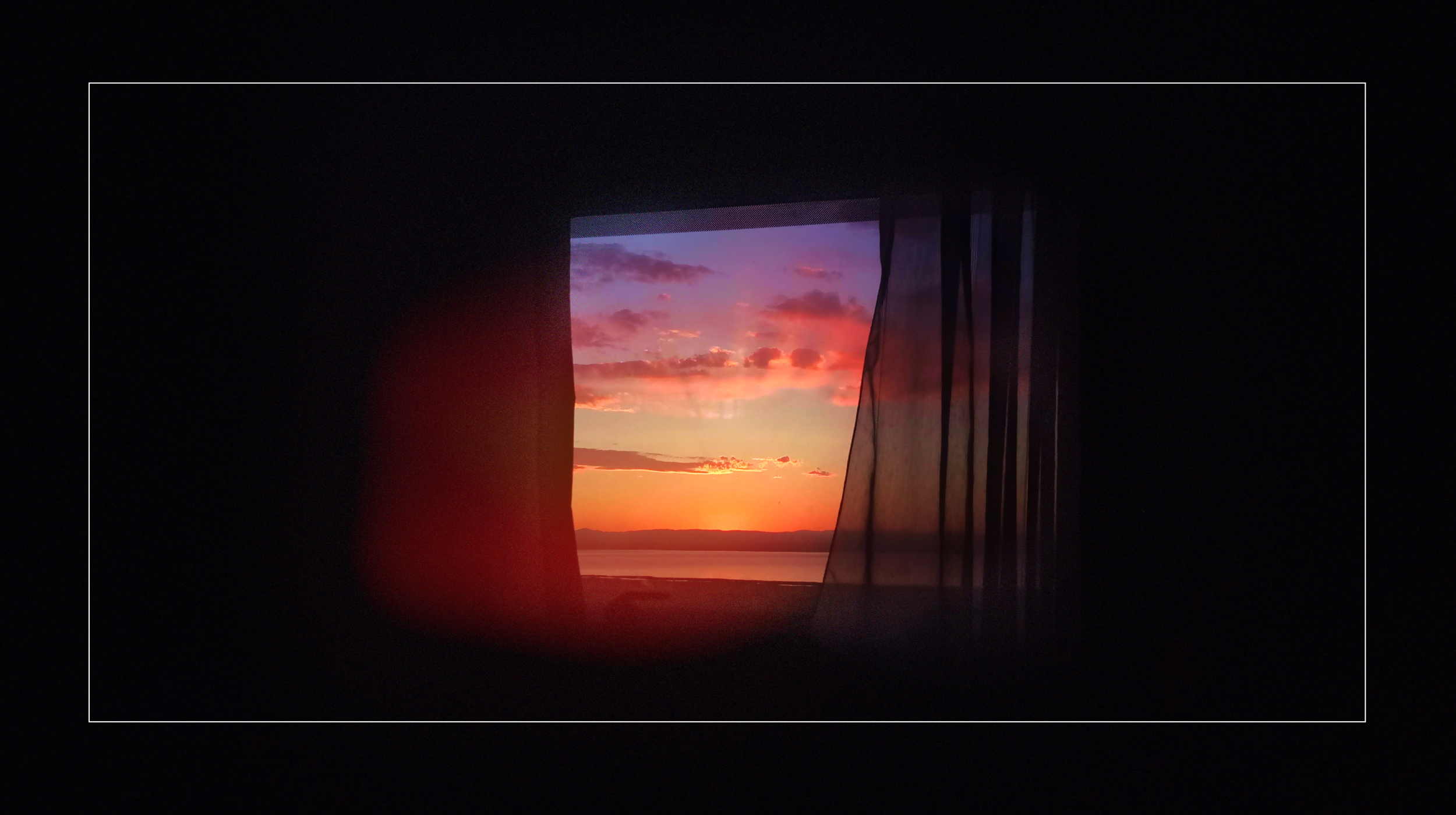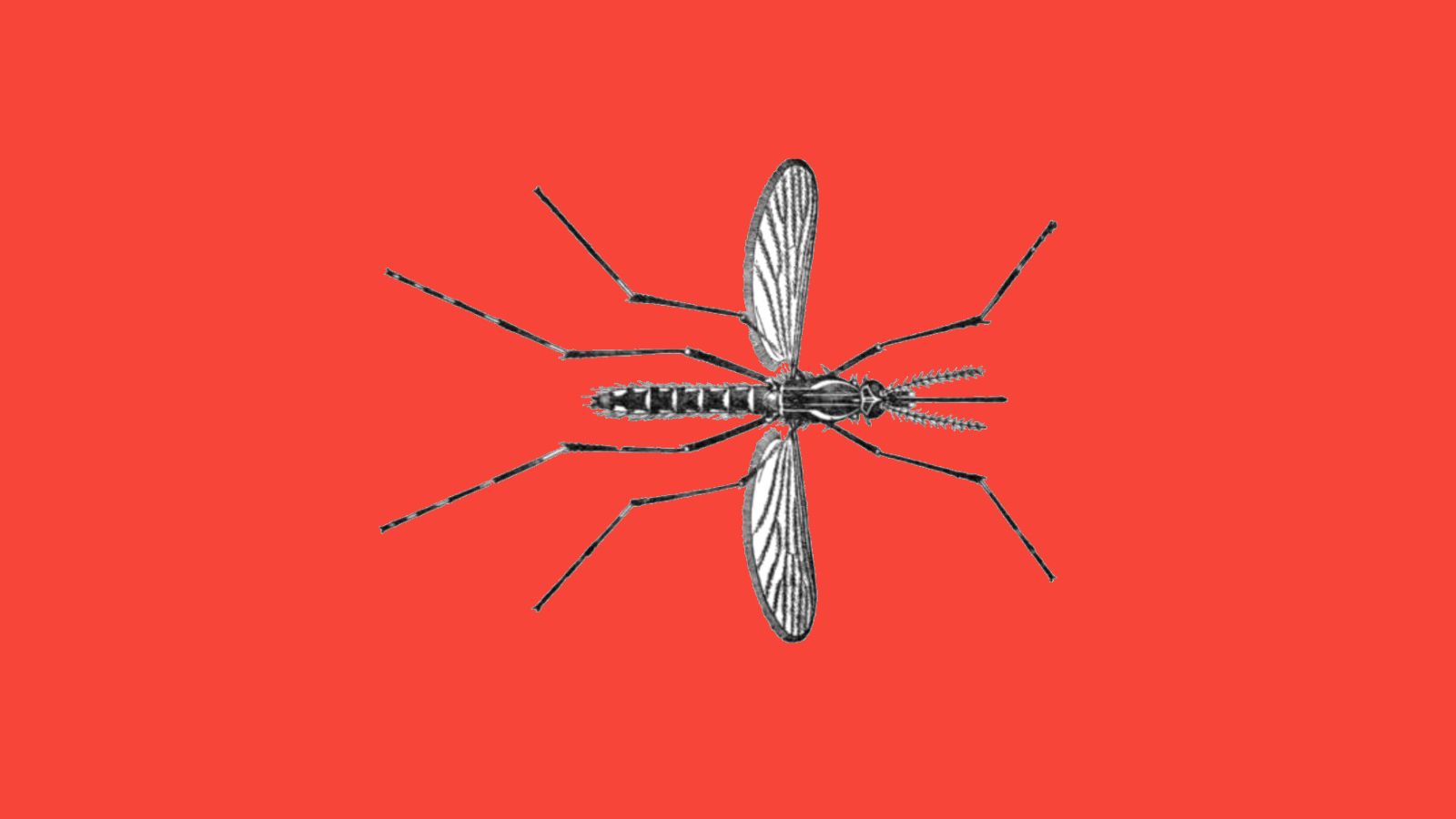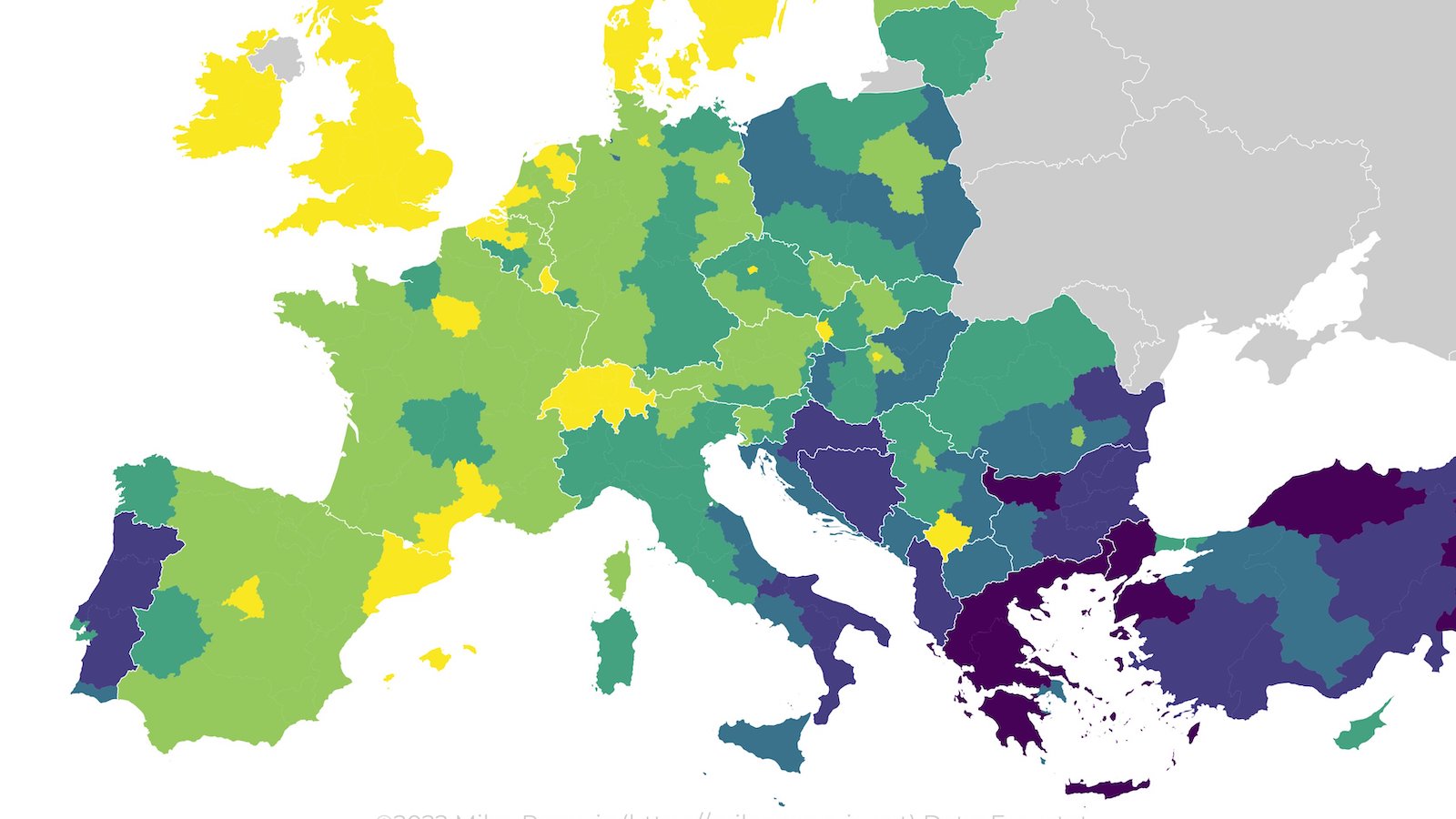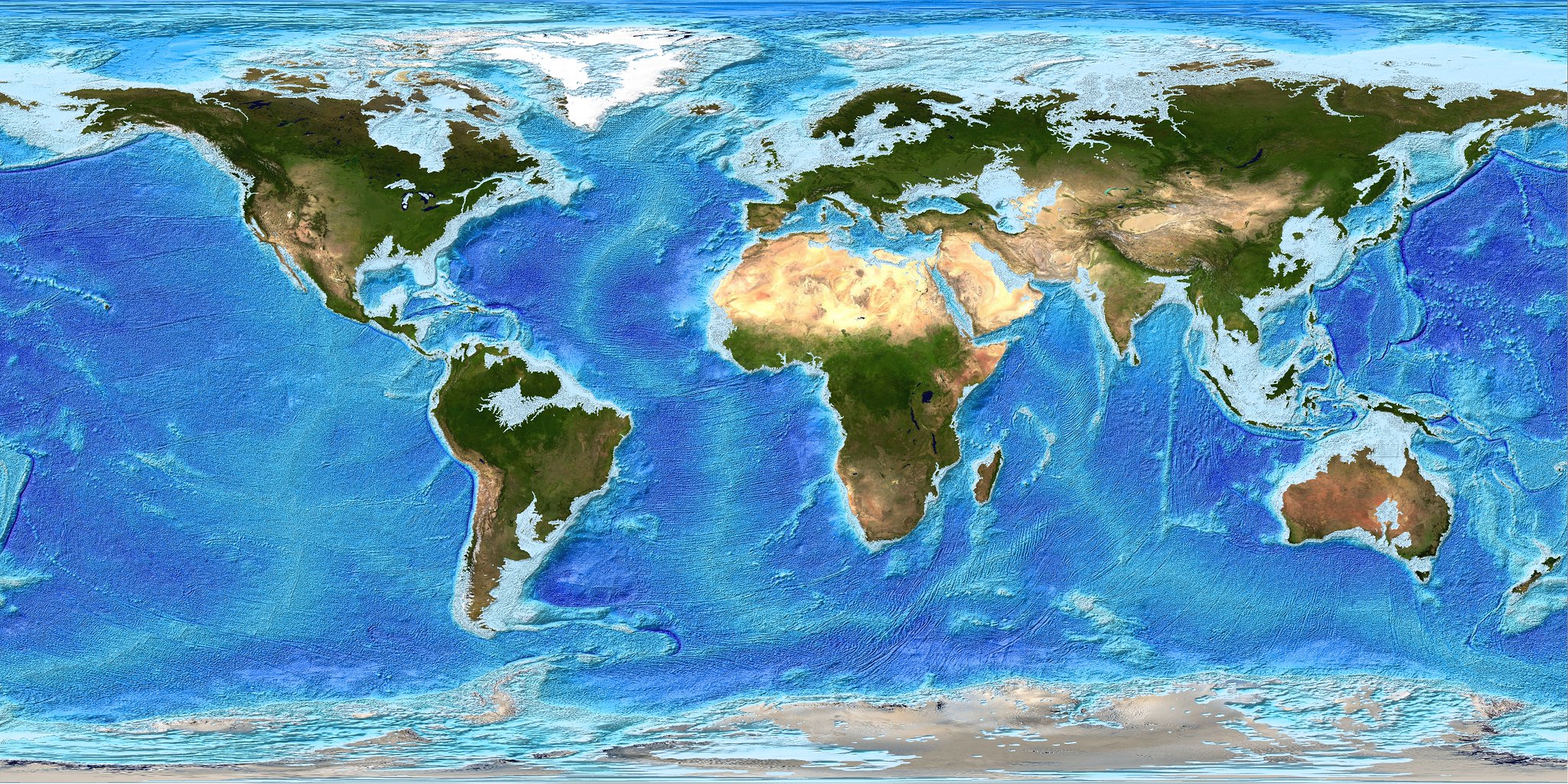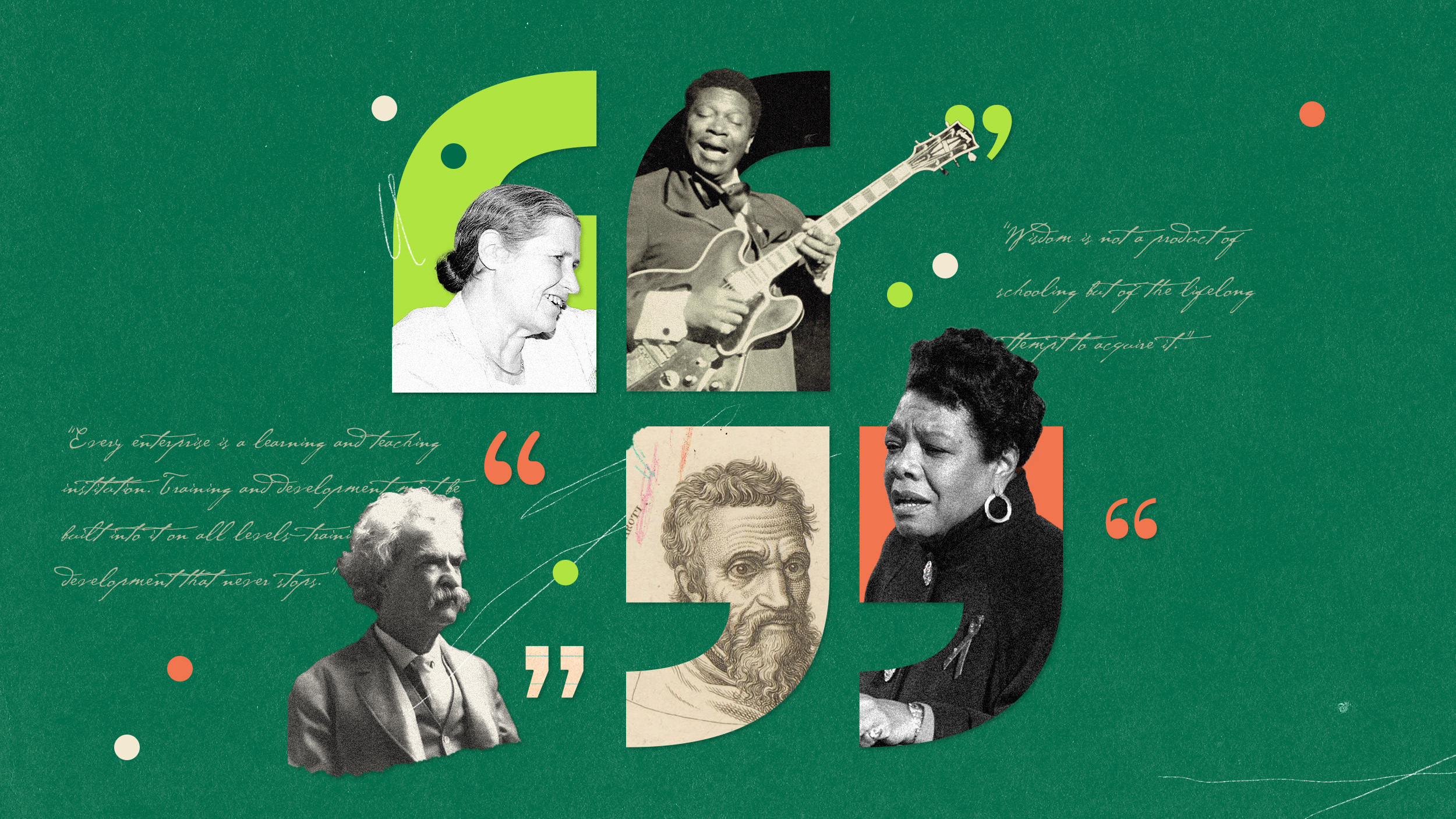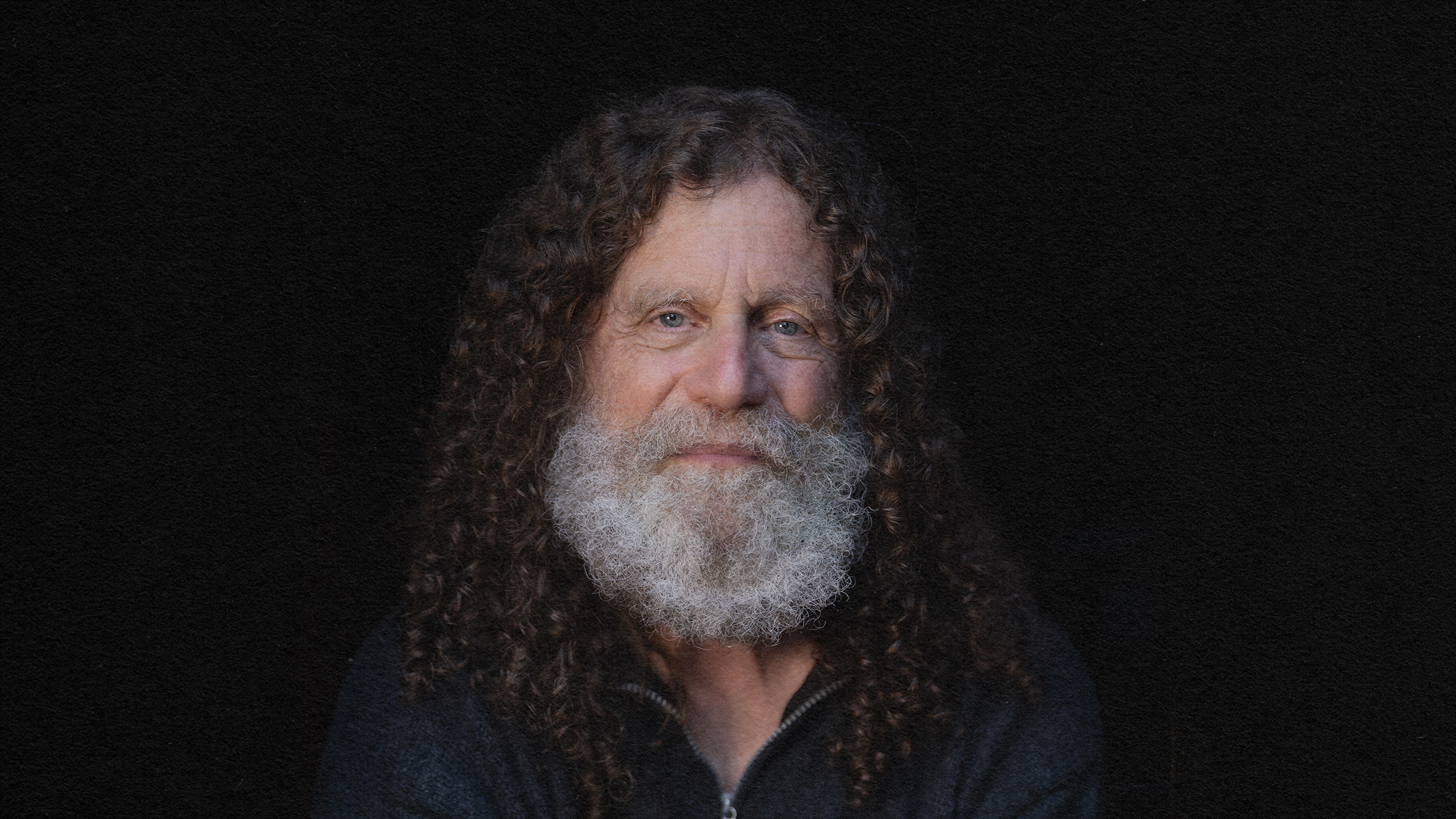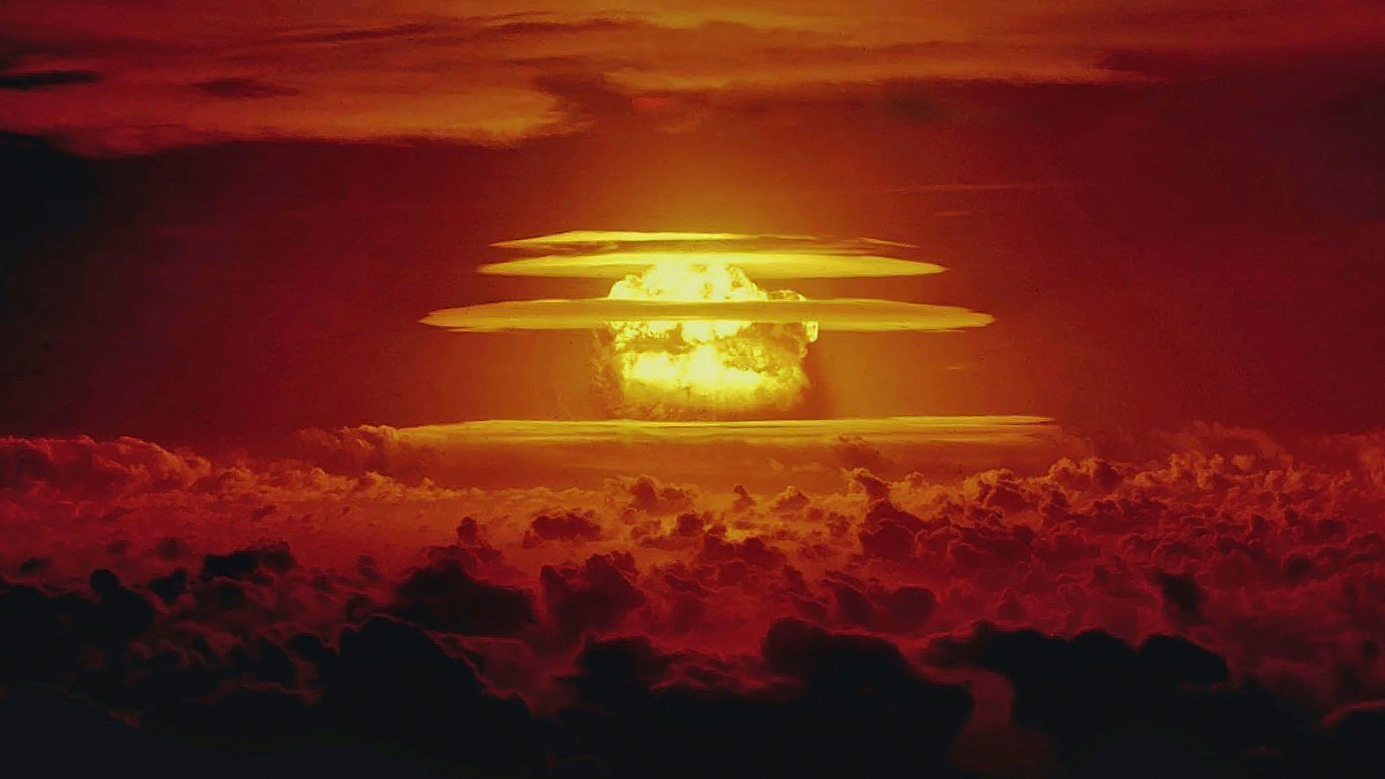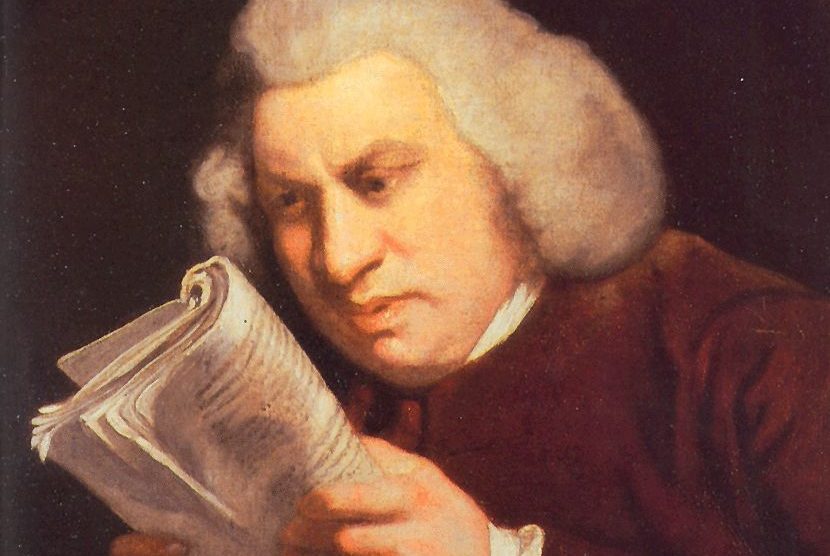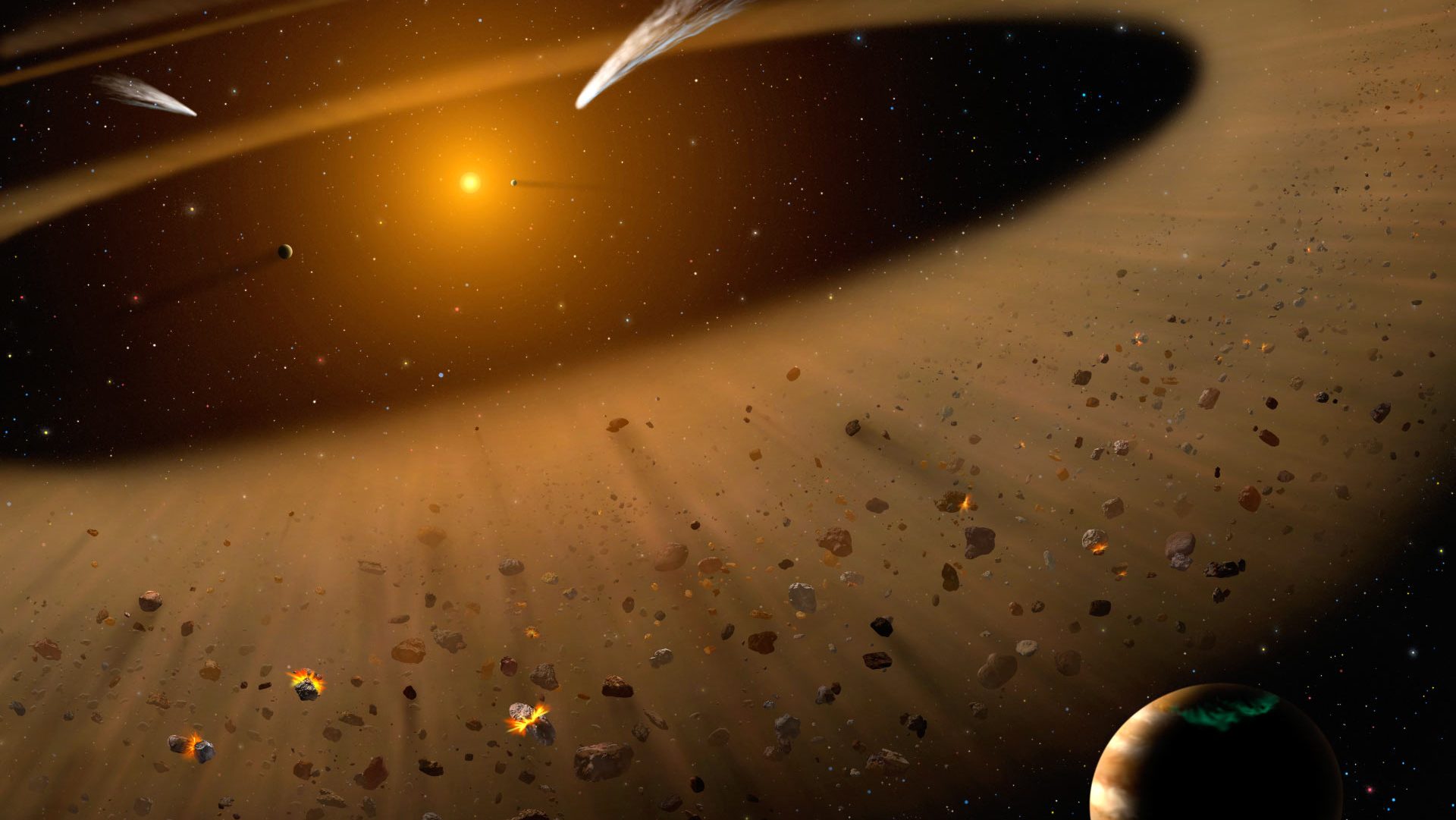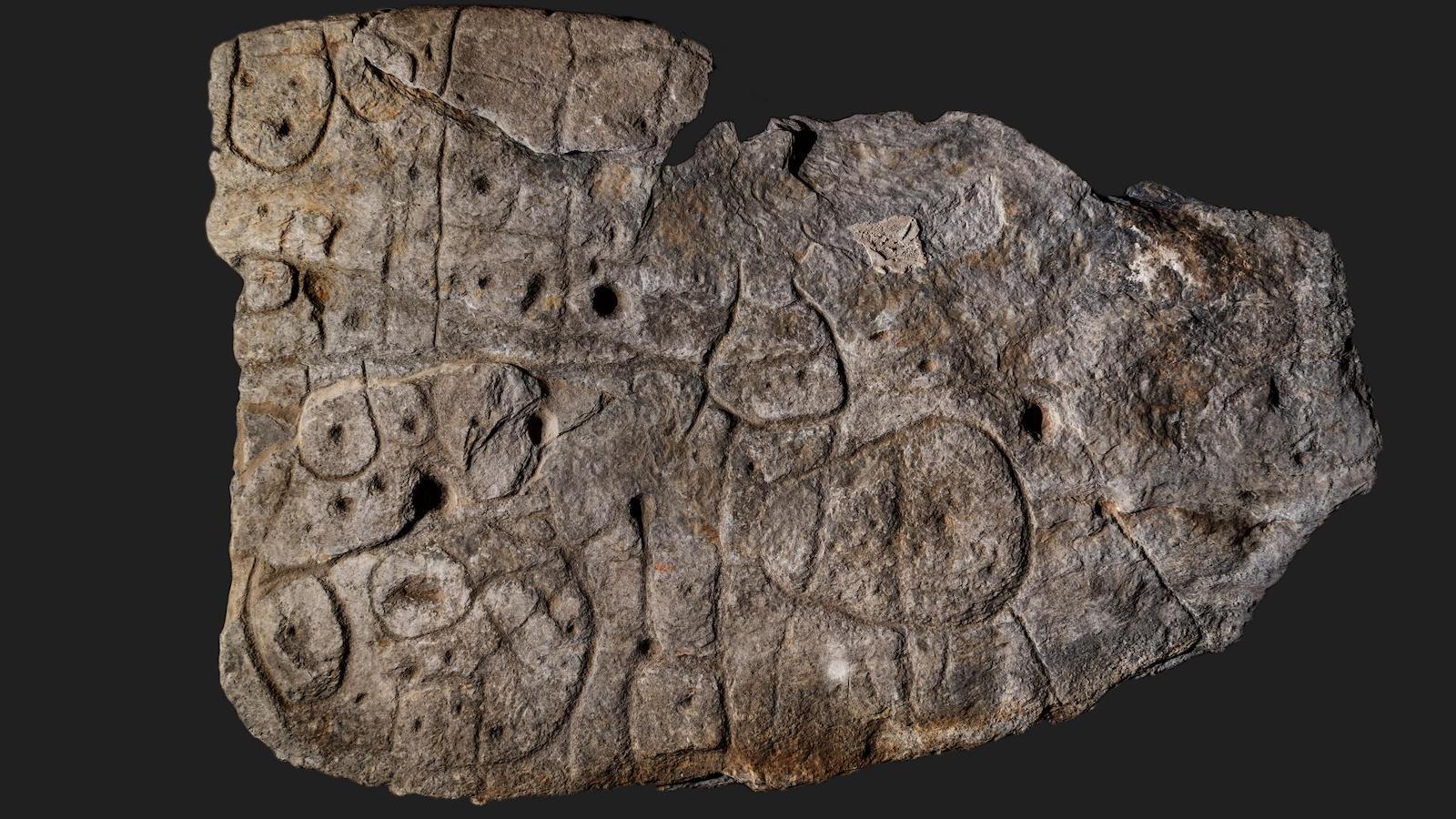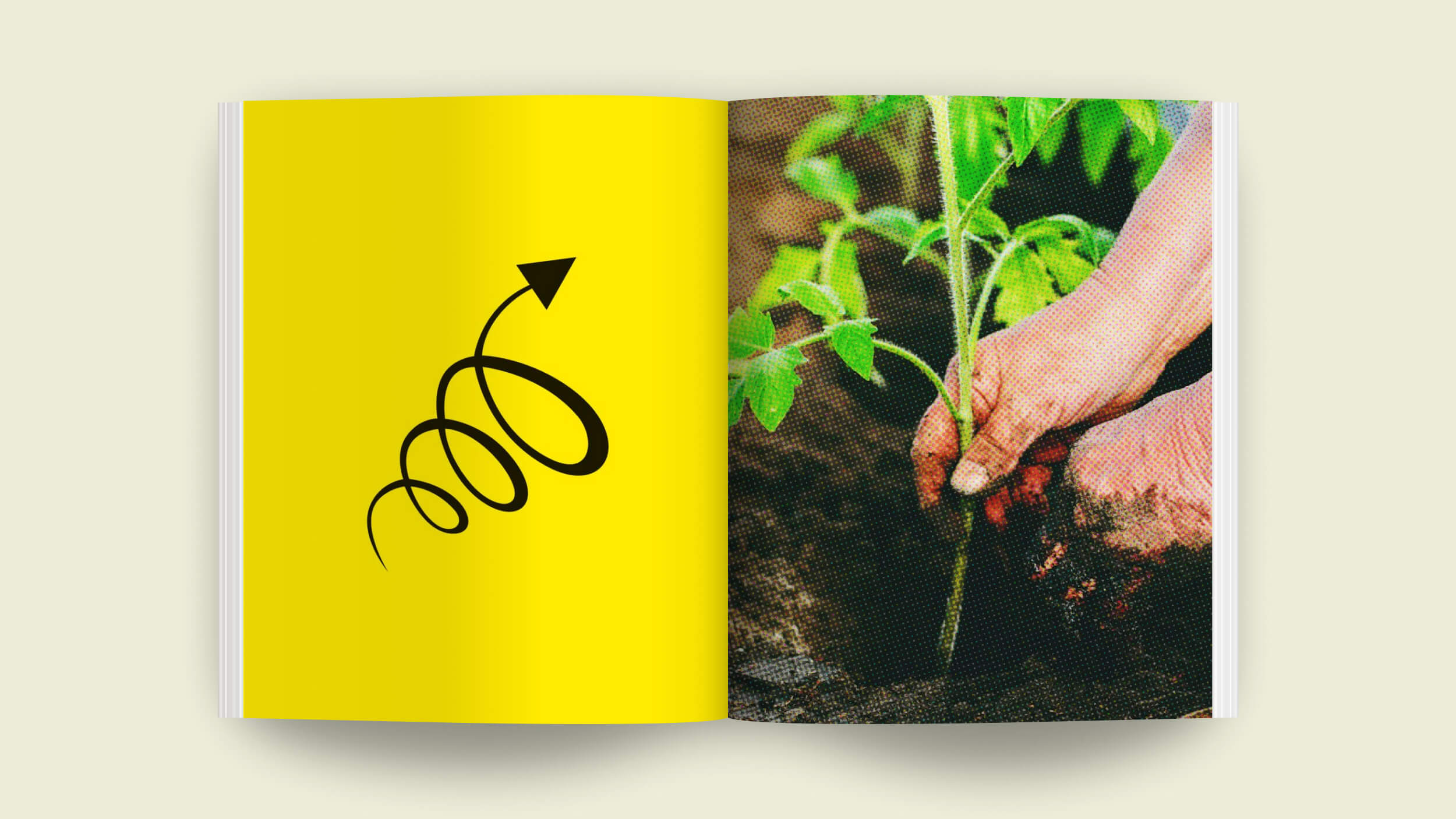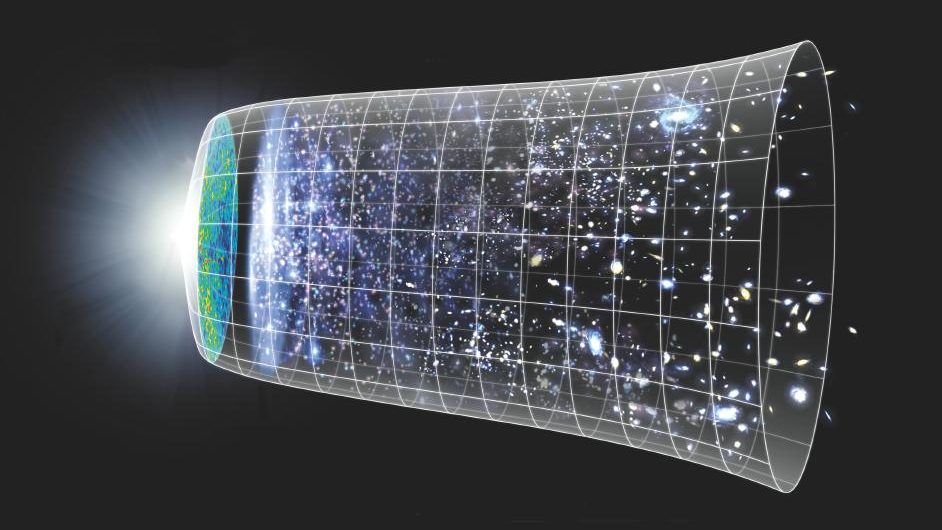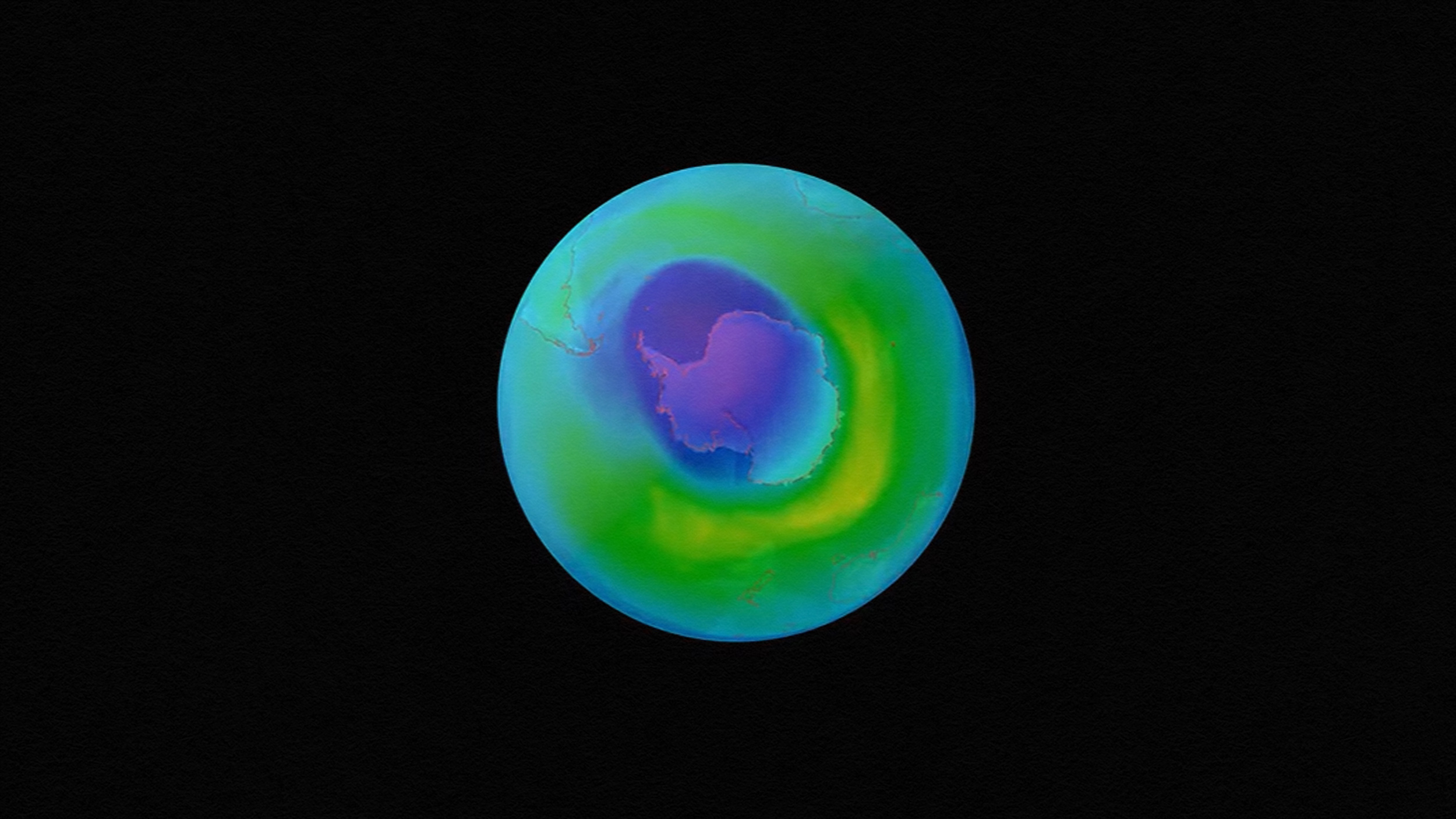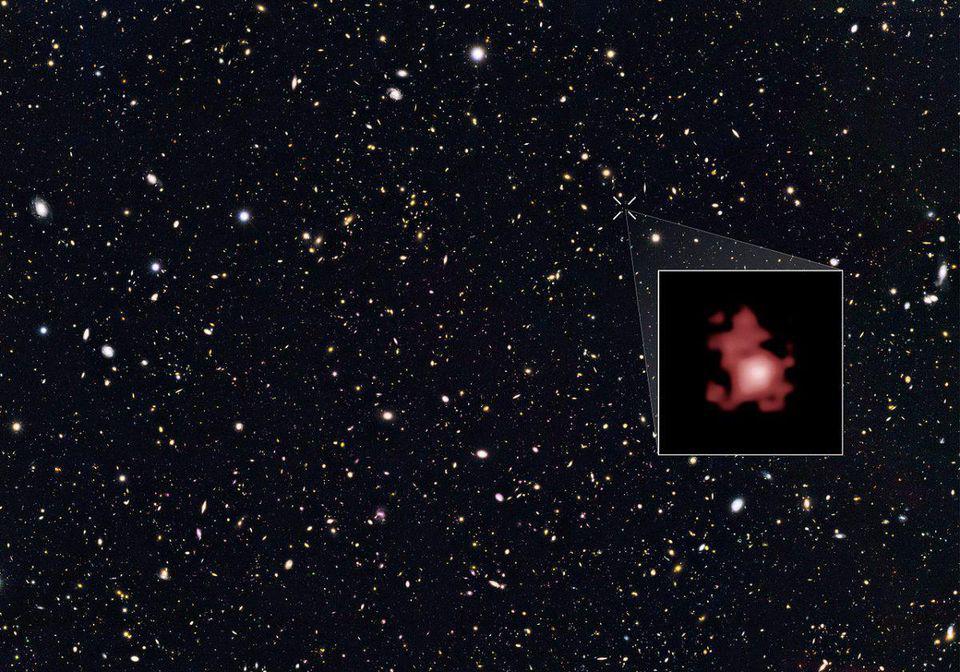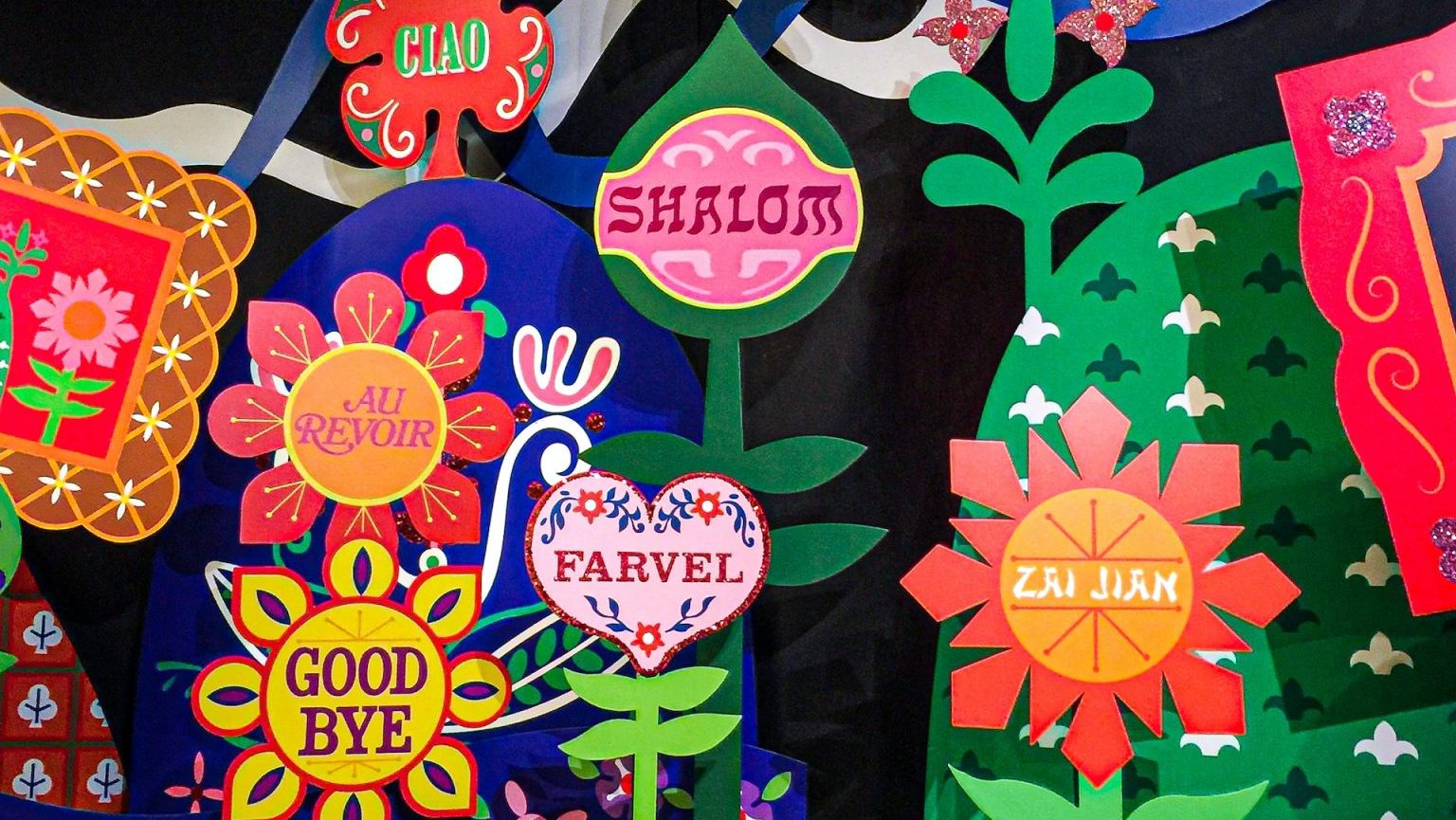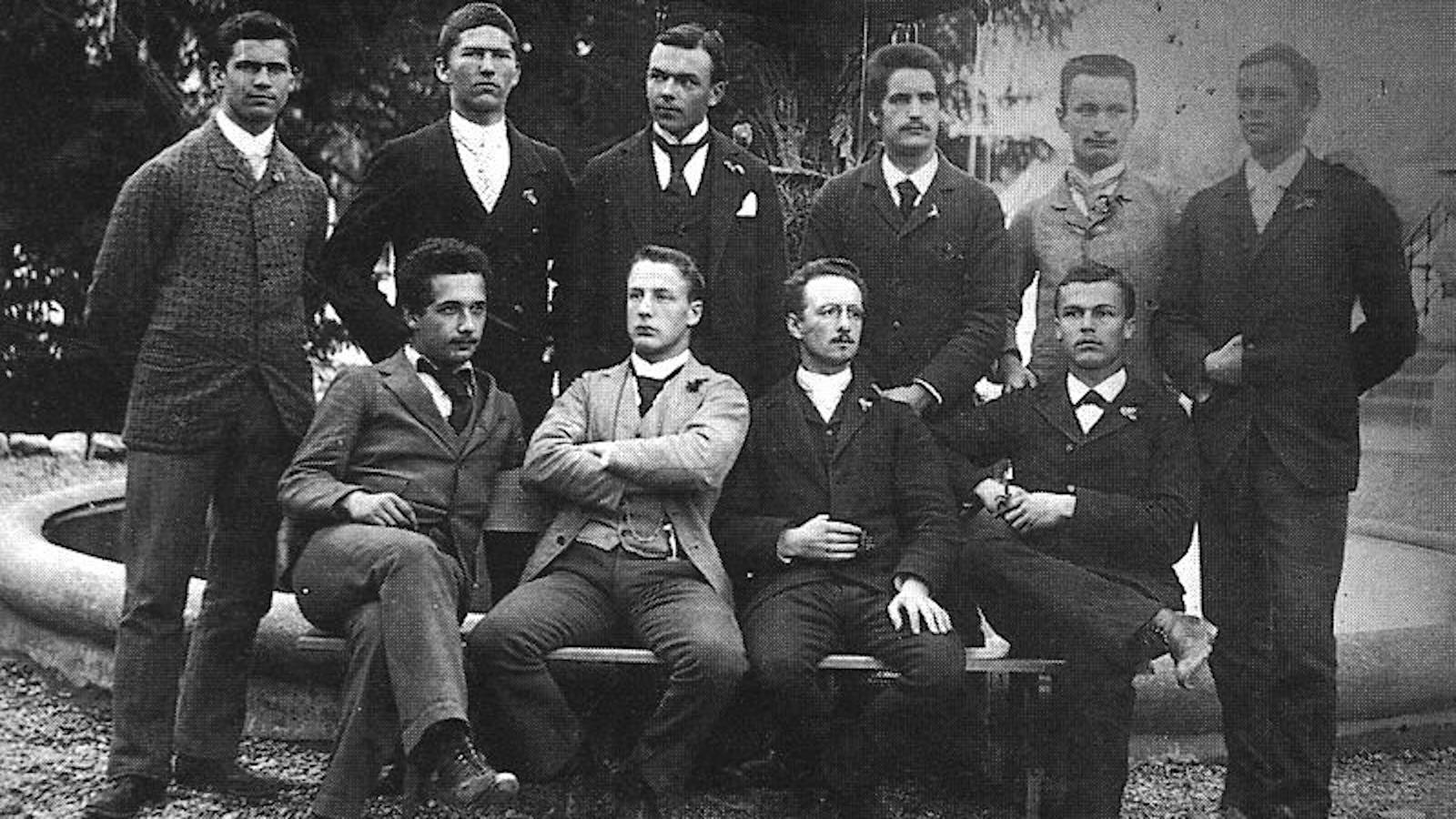An analogy explains the greater fool theory: You don’t have to run faster than the bear to get away; you just have to run faster than the other guy.
Search Results
You searched for: Mark M
Could a theory from the science of perception help crack the mysteries of psychosis?
The writer’s tragic death at age 46 has led many to view him as a tortured artist. Here’s why this label is reductive.
The innovative investor and entrepreneur deals out advice for anyone looking to follow in his footsteps.
There’s such thing as a healthy sense of pride in oneself and one’s accomplishments.
In “Moral Ambition,” Dutch historian Rutger Bregman argues that all would benefit from a collective redefinition of success.
To understand Vincent van Gogh, we must first debunk the myth of the tortured artist. Van Gogh believed his illness inhibited his creativity.
Diogenes engaged in shocking behavior to demonstrate the contradictions, small-mindedness, and sheer absurdity of prevailing social conventions.
Over 50 years since humans last walked on the Moon, astronaut footprints and rover tracks are still visible. But they won’t last forever.
How the simple act of watching twilight can radically transform our perception of the world and our role within it.
A medical entomologist points to metabolism, body odor, and mindset.
Some Europeans really don’t want to use the internet.
Based on data since 2000 alone, global warming is still occurring at a whopping 7-sigma significance. How hot will planet Earth get?
This collection of learning and development quotes serves as a reminder of the meaning and purpose behind this important work.
A volley of new insights reignites the debate over whether our choices are ever truly our own.
Brian C. Muraresku, New York Times best-selling author of “The Immortality Key,” unpacks ancient evidence for the widespread ritual use of psychoactive plants.
From health to leadership abilities, a good sense of humor can help improve many aspects of life.
The laws of physics aren’t changing. But the Earth’s conditions are different than what they used to be, and so are hurricanes as a result.
These composers channeled the horror of the Holocaust and Hiroshima while honoring those who lived through it.
Art criticism is inherently subjective. Still, many critics have tried to make a case for why some of the world’s most celebrated books are in fact terribly written.
Straddling the bounds of science and religion, Newton wondered who set the planets in motion. Astrophysics reveals the answer.
Discovered in 1900, the Saint-Bélec slab languished unrecognized in a castle basement for over a century.
Mark Weinstein outlines a new path for social media that protects, respects, and empowers the regular users.
This everyday electrical phenomenon had no widely accepted scientific explanation — perhaps, until now.
The most common visual depictions of the history of the Universe show the Big Bang as a growing tube with an “ignition” point. Why is that?
A scientist’s first-hand account shows the world can tackle a global environmental crisis.
The universe is filled with unlikely events, but is also full of ways to fool ourselves.
After my father died, my journey of rediscovery began with the Czech language.
It took 9.2 billion years of cosmic evolution before our Sun and Solar System even began to form. Such a small event has led to so much.
Hermann Minkowski called Einstein a “lazybones” with a “not very solid” education. Less than 10 years later, he would eat his words.

